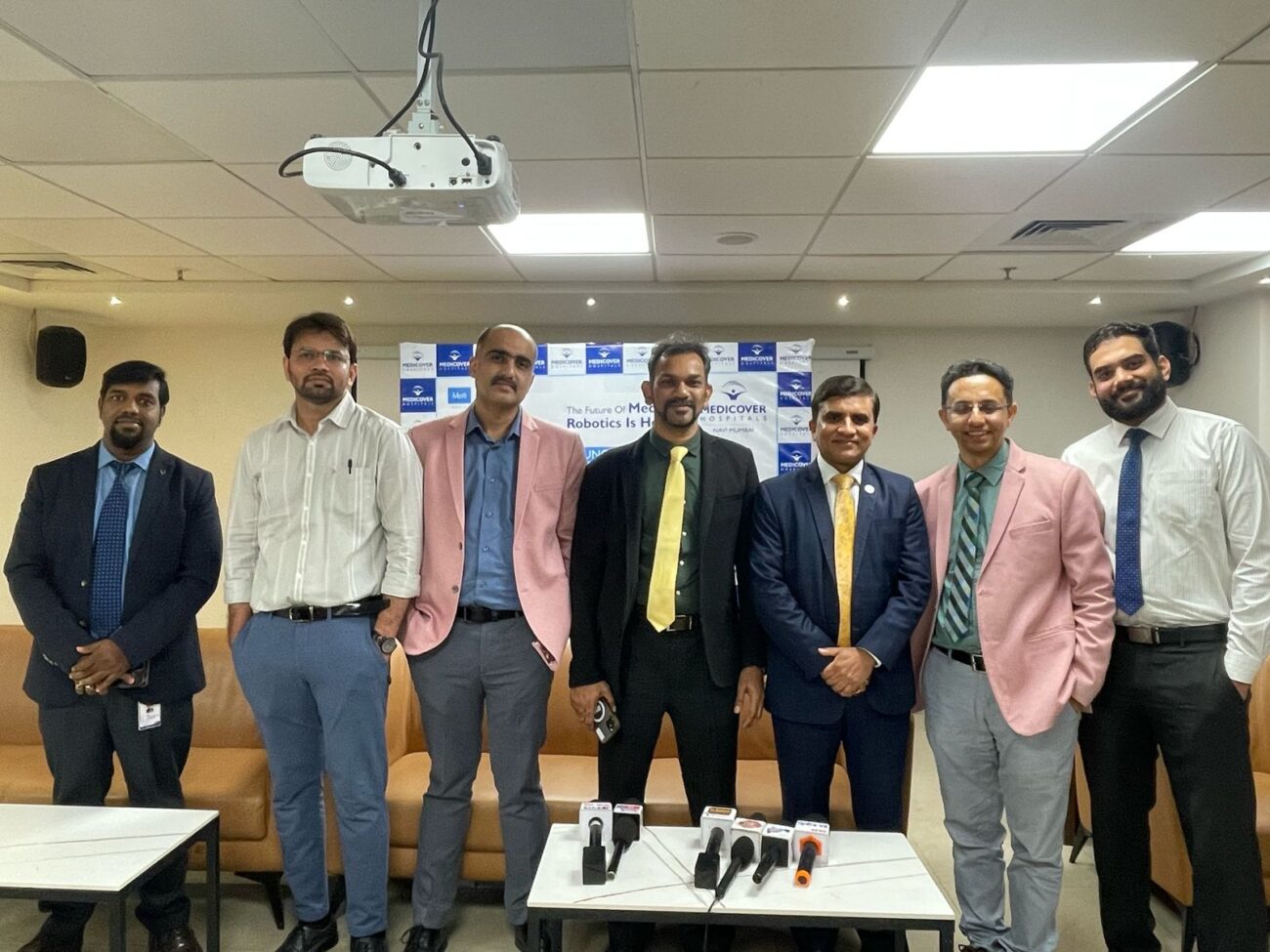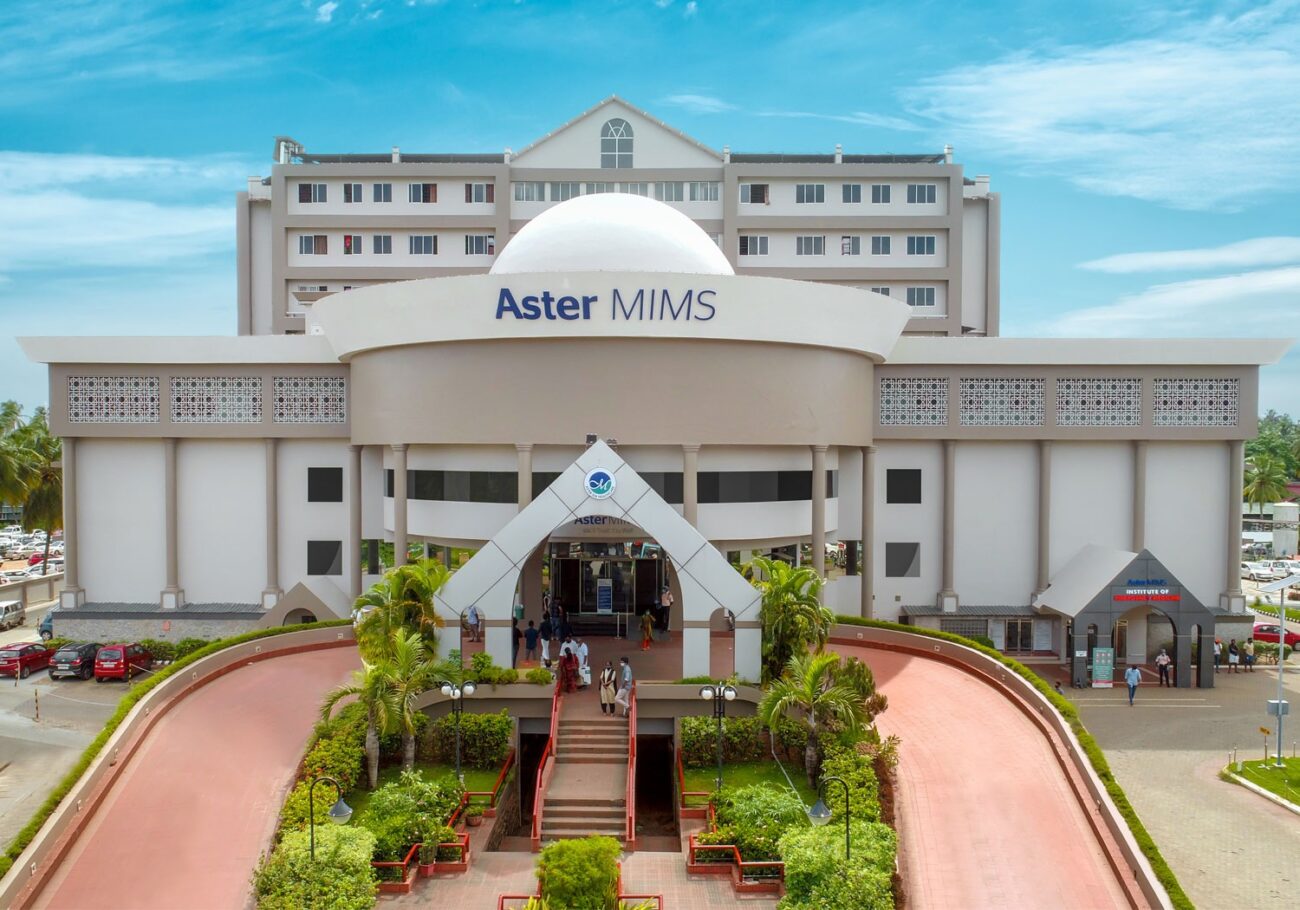Industry Pushes for Restart of Refurbished Medical Equipment Imports: Ficci Advocates for Cost-Effective Healthcare Solutions
India’s healthcare providers face significant challenges accessing affordable, high-quality medical equipment since the halt of refurbished medical device imports on August 15, 2024. The restriction, introduced by regulatory changes requiring clearance from the Central Drugs

India’s healthcare providers face significant challenges accessing affordable, high-quality medical equipment since the halt of refurbished medical device imports on August 15, 2024. The restriction, introduced by regulatory changes requiring clearance from the Central Drugs Standard Control Organisation (CDSCO) instead of the Ministry of Environment, Forests & Climate Change (MoEFCC), has disrupted the supply chain for essential high-end medical equipment.
Ficci’s Representation to the Government
The Federation of Indian Chambers of Commerce and Industry (Ficci) has petitioned the Ministry of Health and Family Welfare to reinstate the streamlined import process. Previously, hospitals and importers were allowed to procure these devices with a “No Objection Certificate” from the MoEFCC. However, the new CDSCO requirement has complicated the process, leading to delays and increased costs, adversely affecting healthcare providers and patients alike.
Why Refurbished Equipment Matters
Refurbished and pre-owned high-value medical equipment, including MRI scanners, CT machines, robotic surgical systems, and advanced diagnostic tools, provide cost-effective solutions for healthcare providers, particularly in resource-constrained settings. These devices enable smaller hospitals and clinics to offer advanced care without the financial burden of acquiring new equipment.
Industry Concerns
The current restrictions have heightened worries about reduced accessibility to critical healthcare infrastructure. Ficci has emphasized that refurbished devices meet stringent quality standards and undergo rigorous testing, ensuring patient safety and clinical efficacy. Industry leaders argue that resuming imports would:
– Address shortages in healthcare facilities.
– Support smaller hospitals with budget constraints.
– Strengthen India’s overall healthcare delivery system.
Government’s Next Steps
The industry seeks a review of the policy, urging the government to balance regulatory oversight with healthcare affordability. Ficci suggests a return to the previous process or developing a unified framework to ensure that regulatory concerns are addressed without disrupting access to essential medical equipment. Stakeholders are hopeful that ongoing discussions will result in favorable decisions to bolster India’s healthcare sector while ensuring compliance with environmental and safety standards.
This situation underscores the delicate balance between regulation, environmental responsibility, and ensuring equitable access to advanced healthcare technologies.






